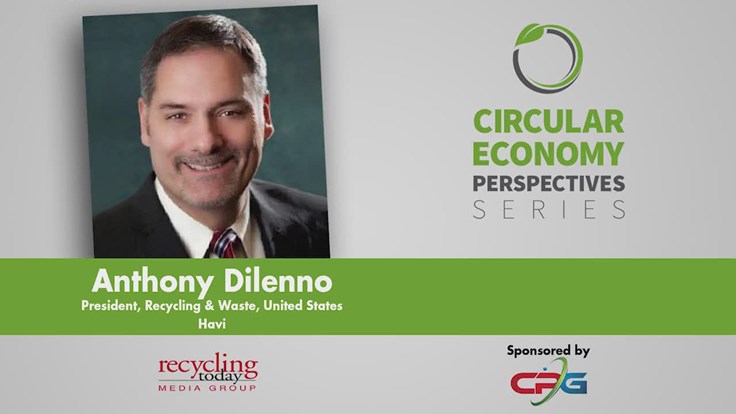The city of Edmonton, Alberta in collaboration with the University of Alberta and Bioferm Energy Systems, Madison, Wisconsin, will begin constructing an anaerobic digester to create energy from its organic waste.
The Bioferm High-Solids (Bioferm Dry Fermentation) anaerobic digester will aid Edmonton with its goals of diverting 90 percent of residential waste from going to landfill and to reduce greenhouse emissions. Anaerobic digestion technology in Edmonton will be incorporated into the city’s existing composting operation.
The facility is sized to initially process 40,000 tons per year of high-solids, organic waste supplied by the city of Edmonton and the University of Alberta. However, the chosen design can handle 48,000 tons per year of organics. This waste will primarily include municipal solid waste, source separated organics from industrial, commercial and institutional waste sectors and yard waste.
The 1.426 megawatts electric combined heat and power unit will have a 1.426 megawatt electrical capacity and a 1.5 megawatt thermal capacity. Average annual energy production includes 12.5 million kilowatt hours of electrical production and 45,300 million British thermal units of thermal production.
The estimated energy could provide electricity to 1,107 homes and heat 1,031 homes per year.
The methane produced and used is equivalent to the avoided release of 46,000 metric tons carbon dioxide (CO2) per year, and the energy generated is equivalent to reducing emissions from 11,786 metric tons CO2 per year from a conventional bituminous coal facility.
The facility will produce approximately 20,000 tons of high-quality compost for sale. Ten million dollars in funding has been committed from the Climate Change and Emission Management Corporation.
Anaerobic digester in Edmenton set to process 40,000 tons per year
The digester will aid the city in reaching its 90 percent goal diversion rate.
December 23, 2016
REW Staff
REW Staff



